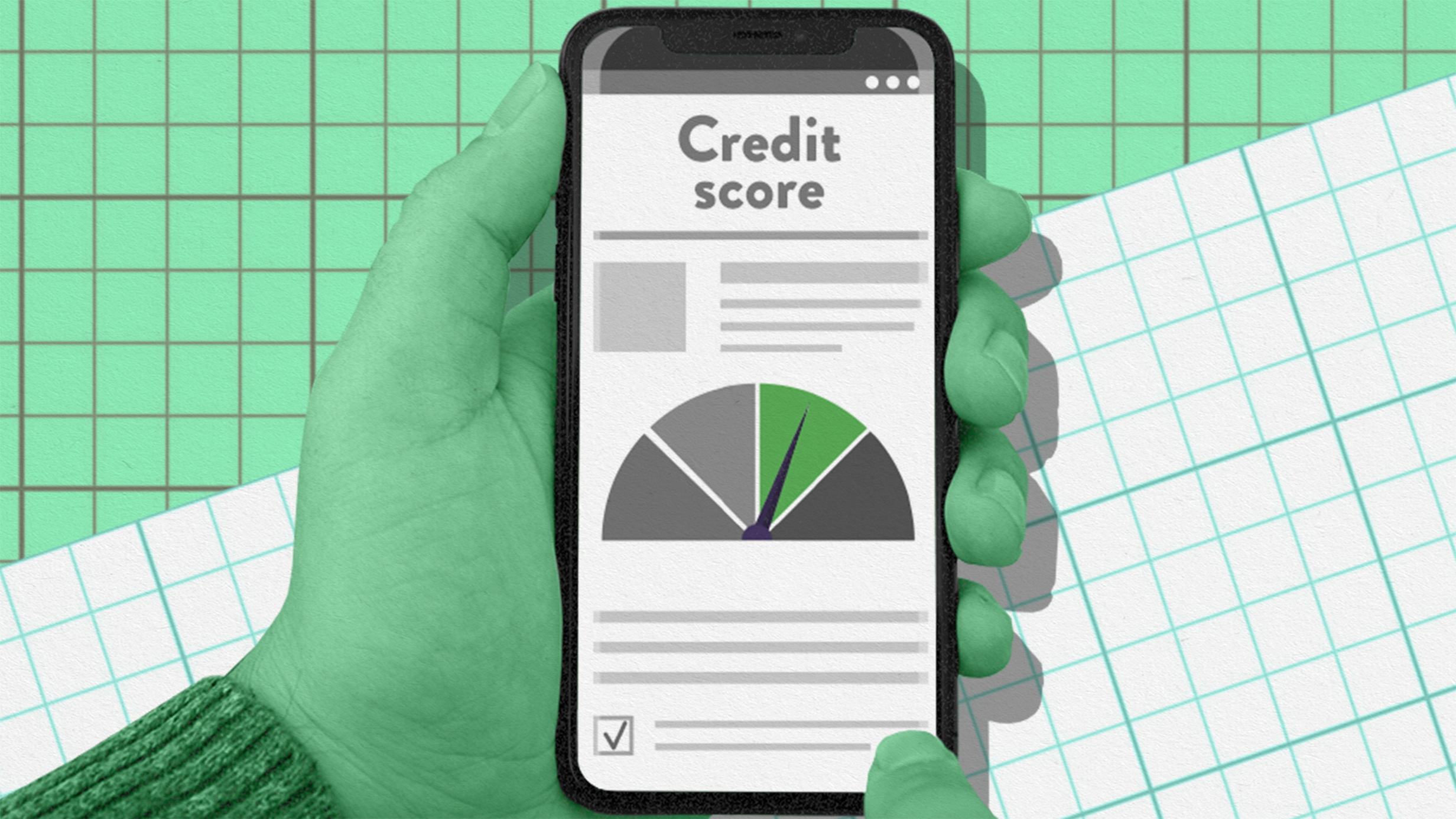Know your credit score
A 5 minute read

Credit scores can seem daunting, but the thing is, they're important. Your credit score can have a major impact on your finances and affect the rates you’ll be offered on financial products—especially when you're applying for a mortgage, credit card, car loan, and even a mobile phone contract.
Several factors can impact your credit score, so it pays to know how credit scores work and what you can do to improve yours!
What is a credit score?
A credit score is a statistic used by lenders to judge whether to lend you money (credit). It’s based on your income, job, financial commitments, and age.
It also takes into account your credit history: proof of your ability to manage credit and repay it. It’s important to have a history, too, as not having one will negatively affect your chances of getting credit.
So, it’s important to build and then maintain a credit score. It’ll let lenders know they can trust you, and open pathways to mortgages, loans, car finance, mobile contracts, and even buy now, pay later shopping schemes.
Who determines your credit score?
Equifax, Experian, and TransUnion are the three main credit unions who determine your score. They collect data from banks about whether you have borrowed in the past and if you have ever missed payments. They each use a slightly different scoring system but base their scores on similar criteria.
What can you do to get your score in shape?
- First things first, and this may sound obvious, but managing debt overall is important. If you have too many debts it will impact your credit score. Managing debt – and paying off what you owe – is an excellent step to take to improving your credit score. A late or missed payment on your loans or credit card bills can stay on your credit report for up to seven years.
- Make sure you’re registered to vote. Yes, you read that right! Making sure you’re on the electoral register lets lenders know who you are. It also means you can vote in elections, which is pretty important too.
- Consider getting a credit card if you can afford to but make sure you use it sensibly. Regular, controlled use of it is a brilliant way to develop a credit score. And better yet, if you’ve no credit history, a specialised credit builder card will help you to show you can manage credit.
When you pay for something using a credit card, you’ll be using credit – a loan from the bank - so it’s up to you to ensure you pay back the balance in full every month and don’t let interest on your account rack up a bill. Managing your card well will help to improve your credit score. - Another credit card related method is to ensure you never ‘max out’ your card. By using a credit card for limited kinds of spending, and then paying it off quickly, you’ll be demonstrating an ability to control your credit sensibly.
- Check if you're financially linked to another person. If you are and they have a low credit score it will affect yours as well. For example, you may be linked through a mortgage or joint bank account.
- Inspect your credit report every year and make sure the information held about you is correct. Often a low credit score can be the result of mismatches of information, for example if a bank account is registered at your old family home address. By law, you have the right to request a free copy of your credit report each year from the three main credit unions we mentioned earlier (Equifax, Experian, and TransUnion).
Having a good credit score gives you access to better financial deals - saving you money, but if you do have an imperfect score, don’t feel discouraged. By following the tips above, and with a little discipline, it is possible to improve your overall credit health.
If you’re worried about your finances, there are lots of accessible options if you’re looking for some help. The Government backed service, Money Helper provides free guidance on all sorts of financial matters.
